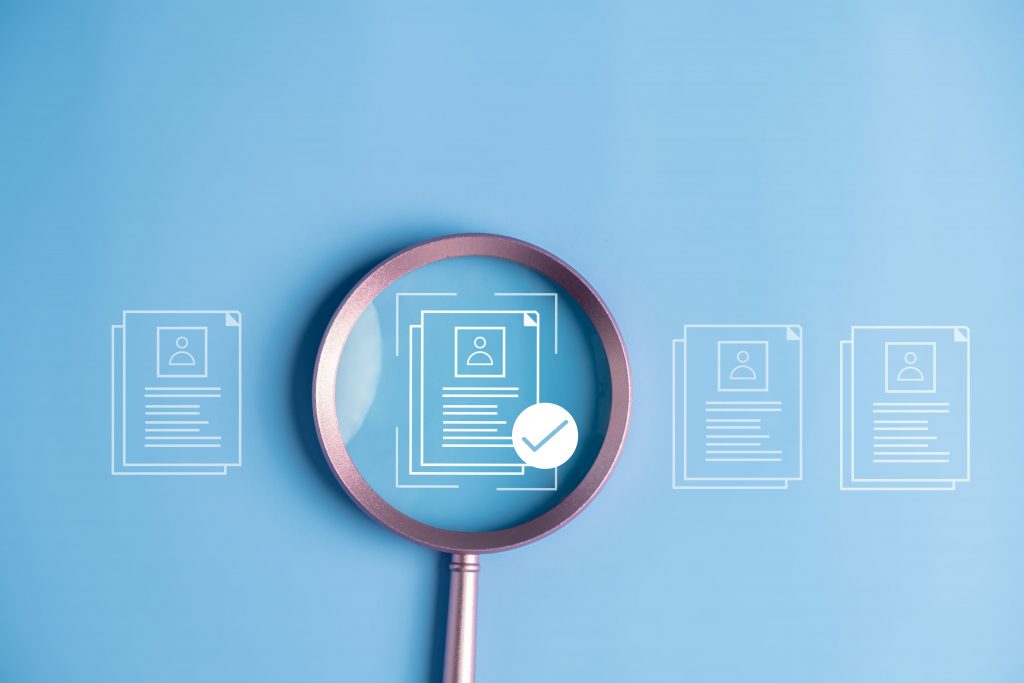Artificial Intelligence (AI) has become a powerful asset in various Human Resources (HR) functions—from talent acquisition to employee engagement and performance analysis. While AI boosts efficiency and precision, its growing presence in recruitment processes raises serious ethical and privacy-related questions. To ensure fair and transparent hiring practices, these concerns must be thoroughly addressed.
Ethical Challenges in AI Recruitment
One of the most pressing ethical risks is the possibility of reinforcing existing biases. Since AI learns from historical data, it may inadvertently replicate discriminatory patterns found in past recruitment decisions. To counter this, organizations must avoid placing full reliance on AI. Rather, AI should assist in the early stages—such as screening resumes—while final hiring decisions should remain with human recruiters. This collaboration ensures a broader perspective and promotes inclusivity.
Moreover, organizations must comply with data privacy laws like the General Data Protection Regulation (GDPR) in the EU and the California Consumer Privacy Act (CCPA) in the U.S. This entails implementing strong safeguards, such as data encryption, anonymization, and secure storage practices to prevent data breaches and unauthorized access.
This article delves into the ethical complexities of using AI in HR, highlights organizational challenges, and offers strategies for promoting responsible and fair recruitment practices.

Pros and Cons of AI in Recruitment
Pros
Improved Efficiency
AI can process thousands of resumes and job applications in a fraction of the time it would take a human. This allows HR professionals to focus on strategic tasks that require critical thinking and personal interaction.
Better Candidate Matching
Advanced algorithms evaluate qualifications, skills, and experience against job requirements with high accuracy, reducing subjective judgments and increasing the chances of hiring the most suitable candidate.
Bias Reduction
When designed and trained properly, AI systems can help reduce human biases related to age, gender, or race by focusing purely on qualifications and work history.
Enhanced Candidate Experience
AI-driven tools like chatbots can assist applicants by answering questions and guiding them through the application process, improving overall user experience and reinforcing a positive employer brand.

Cons
Limited Contextual Understanding
AI often struggles with nuances like tone, sarcasm, or cultural context. This limitation can lead to misinterpretation of candidate responses, possibly resulting in unjust outcomes.
Dependence on Technology
Over-relying on AI may diminish the value of human intuition and empathy in hiring decisions. AI should complement—not replace—human judgment.
Bias in Data and Privacy Issues
If historical data used to train AI includes biases, the system may perpetuate these issues. Additionally, the collection and processing of personal data raise concerns about candidate privacy and data security.

Unintended Consequences
As AI evolves rapidly, unexpected ethical and operational challenges can arise. Continuous evaluation is essential to ensure the technology remains aligned with legal and ethical standards.
Core Principles of Data Privacy in AI Recruitment
Effective data privacy in AI-driven recruitment relies on three core principles: consent, transparency, and security.
- Consent & Transparency
Candidates must be informed clearly about how their data will be used and must give explicit permission. Explaining how AI factors into decision-making fosters trust and transparency. - Data Minimization
Only essential candidate information should be collected. Limiting data collection reduces risk and ensures compliance with privacy regulations. - Security Through Encryption
Using advanced encryption methods to protect sensitive data ensures that it remains confidential and secure throughout the recruitment lifecycle.

Navigating Ethical Complexities in AI Hiring
As companies increasingly integrate AI into their hiring processes, they face several ethical dilemmas:
- Algorithmic Bias
To prevent biased decision-making, companies must use diverse datasets and regularly audit AI algorithms to identify and correct skewed outcomes. - Data Privacy
Clear guidelines on how candidate data is collected, used, and stored are essential. Transparent practices help establish trust and demonstrate a commitment to ethical standards. - Dehumanization of the Hiring Process
Maintaining a human element ensures that decisions account for context and empathy, which AI alone cannot provide. - Lack of Transparency
Candidates should understand how AI impacts their application journey. Clear communication about AI’s role promotes accountability and fairness.
By addressing these issues, organizations can build a more inclusive, transparent, and trustworthy recruitment process where AI enhances rather than diminishes fairness.

Best Practices for Ensuring Data Privacy in AI Recruitment
To effectively address privacy concerns, organizations should adopt the following best practices:
- Choose AI Tools with Built-in Privacy Protections
Select platforms that offer features like data anonymization and comply with international data protection laws. - Continuous Compliance Monitoring
Regular audits of AI systems ensure ongoing alignment with current privacy regulations and help identify emerging risks. - Educate HR Teams on Privacy Standards
Providing training on data privacy helps HR professionals understand the importance of ethical data handling and strengthens organizational accountability.
Conclusion
AI presents a powerful opportunity to transform recruitment but also introduces ethical and privacy responsibilities. Organizations must thoughtfully weigh the benefits of AI against the risks, particularly when much of the training data may be rooted in past biases.
By committing to ethical AI practices—including diverse data sourcing, continuous monitoring, and clear privacy policies—companies can ensure that AI supports fair hiring rather than reinforcing existing inequalities. Responsible implementation will not only optimize recruitment outcomes but also protect the rights and dignity of all candidates.
